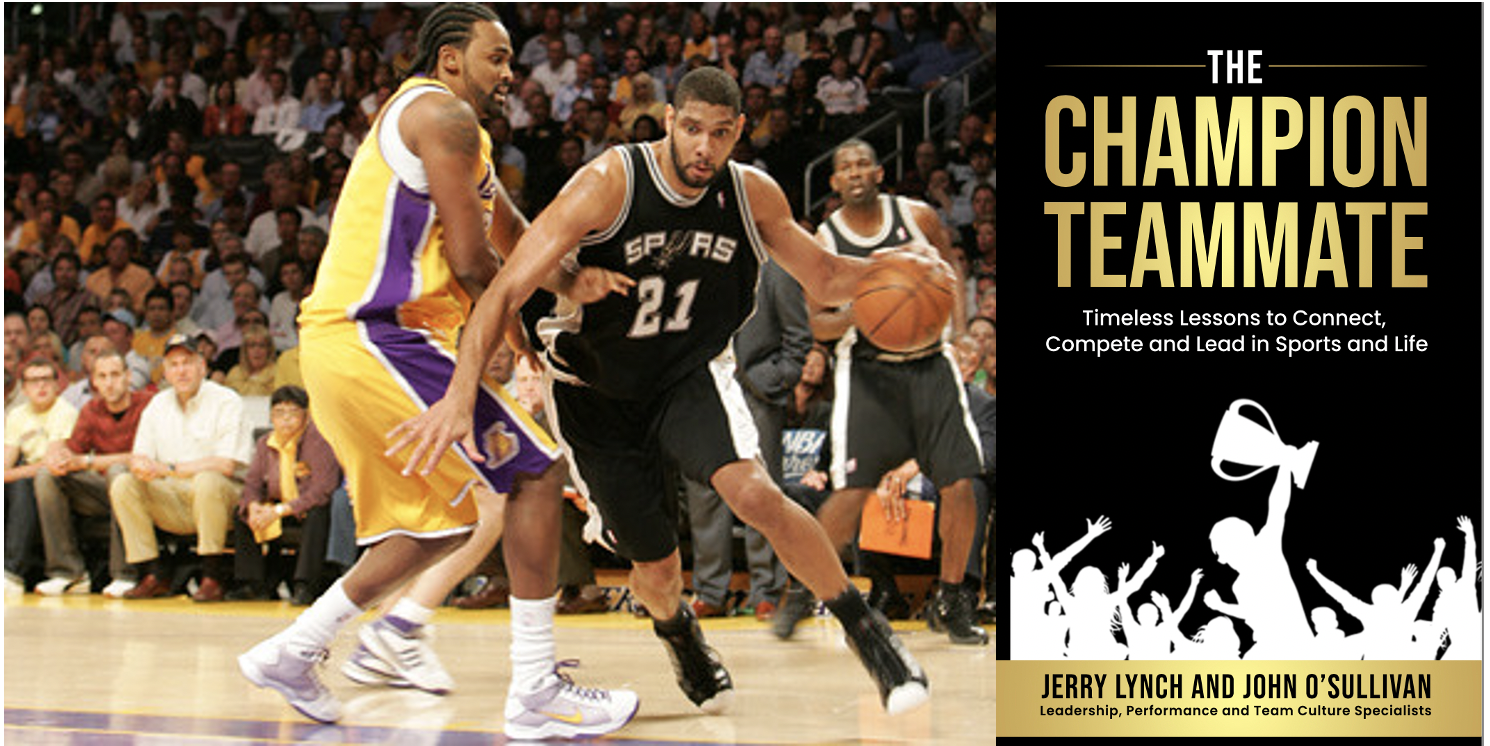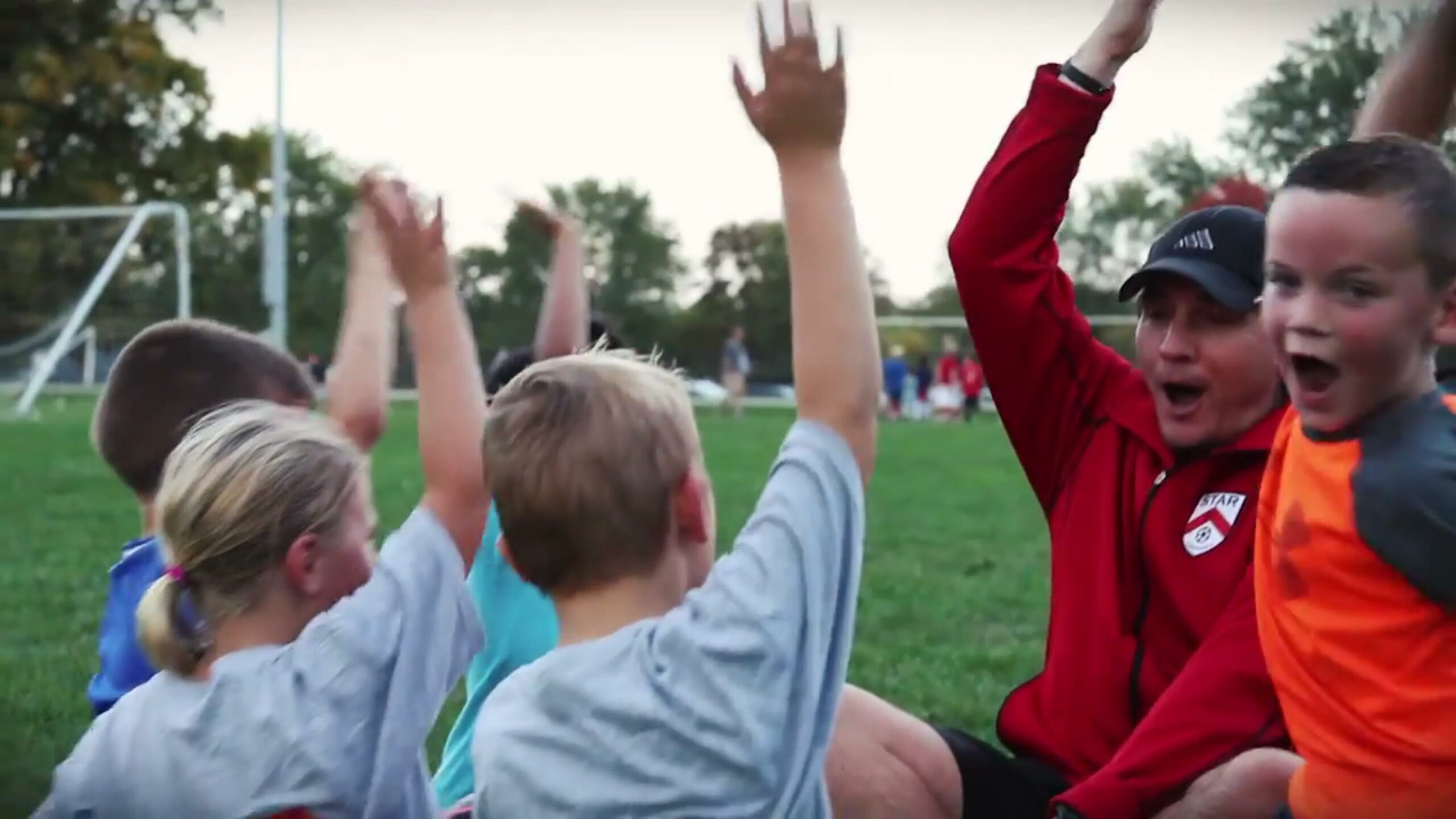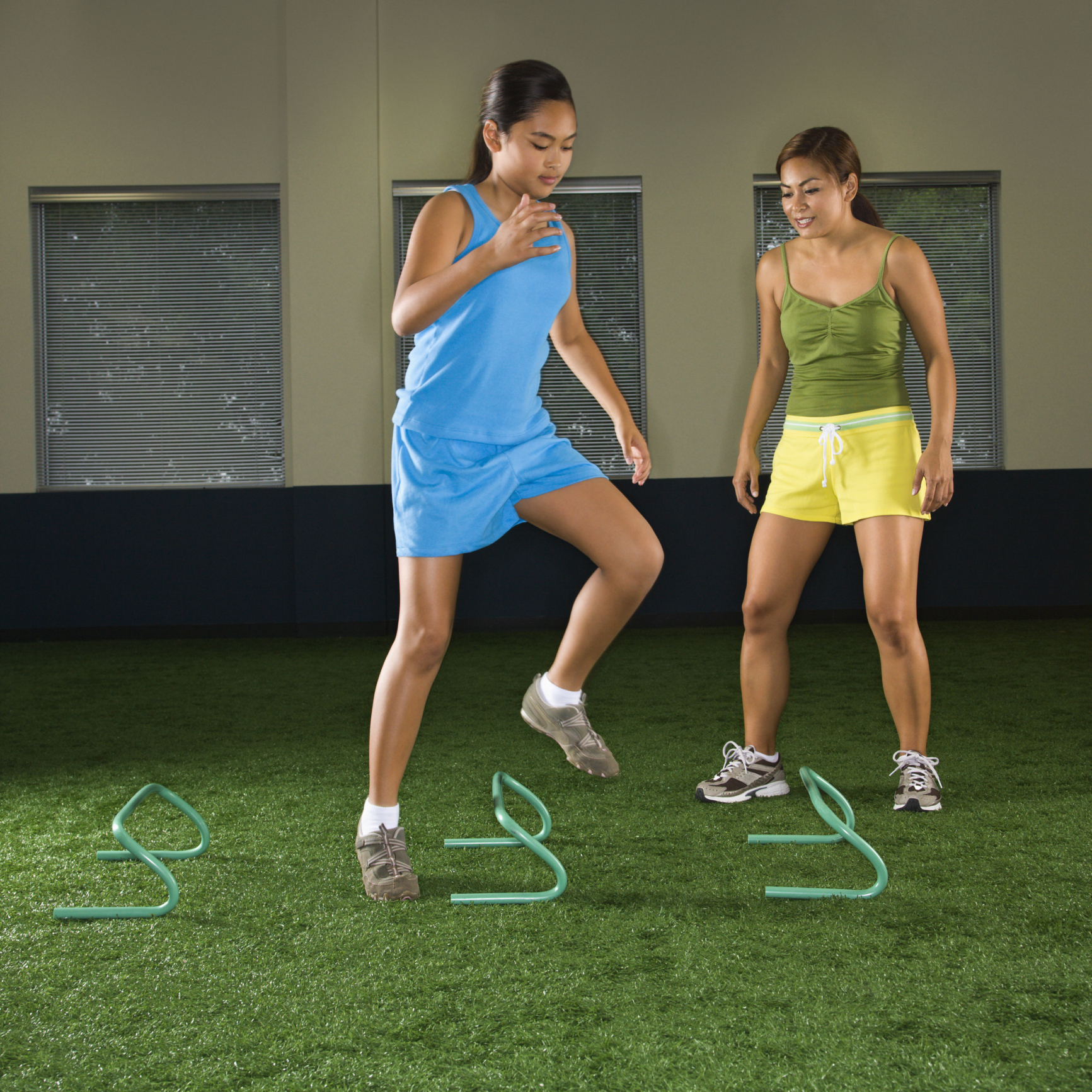When you run an organization such as the Changing the Game Project, you hear many youth sports stories from parents, coaches, and players. Some stories are absolutely heartbreaking, others inspiring.
Recently I encountered the absurd.
Many of us have seen the news about a volleyball player from Washington DC who was taking her playing time issues off the court, and into the courts. The article, which originally appeared in the Washington Post and can be read here, detailed the story of Audrey Dimitrew, a 16 year-old from Virginia whose family sued the Chesapeake Region Volleyball Association (CHRVA) to force them to let her move to another team in the league. It seems she was not getting the “promised” playing time at her club and she wanted a change, but the league would not allow it.
The article has elicited all kinds of opinions on parenting, spoiled children, bad coaching, and ridiculous rules and regulations in youth sports leagues. It brought up talk of the Philadelphia dad who was suing for $40 million because his son got cut from the track team, and the Dallas father who brought a racketeering suit against a lacrosse camp. They are a reflection of so much of what is wrong in youth sports today.
But can all these wrongs finally make it right, and encourage the sensible people stand up and be heard?
This situation in Virginia brings to light four major problems that are destroying youth sports and must be dealt with. They are:
Problem #1: Parents who won’t let the game belong to kids
Why did mom and dad bring a lawsuit? Because they wanted to get their daughter noticed by college coaches. Well, mission accomplished, every college volleyball coach in the country now knows who your daughter is…and I bet the majority just crossed her name off their recruiting list.
You don’t sue and waste precious taxpayer time and money because your child is not getting playing time. Your daughter says she isn’t even sure she wants to play college volleyball! Mom also wrote to the coach, “It is important that she plays, and plays the position you offered her of setter as that is the position she plays in high school.” Really? You don’t get to tell a coach where your kid plays. Just be a parent, let the coach be the coach, and let the game belong to your child. The parents in this case have taken a teachable moment and ruined it. As Bruce Brown of Proactive Coaching says, “Release your child to the game!”
Problem #2: Athletes need to OWN their decisions, both good and bad
We need to put an end to the helicopter and lawnmower parents, those who mow down all the obstacles for their kids, and give ownership to the athletes. This is a case where a player made a poor decision on team selection. Many athletes make bad decisions or face trying circumstances, but then choose to live with their decision and get better because of it. While I believe every athlete picked should have the opportunity to play, that does not mean an athlete cannot ask himself “what is good about this?”
When players quit a team solely over playing time or position issues, they lose an opportunity to learn. Even without getting playing time, a player working with a great coach should be improving every day in practice. She could be pushing herself to get better, and earn playing time instead of expecting it. She could find other ways to contribute. Don’t just walk away because the going got tough.
Great athletes love the game, work hard and improve everyday, and the rest takes care of itself. College coaches recruit players because they are good players, good people, good students and good teammates, not because they happened to see you in 10th grade.
Problem #3: Coaches who fail to respect the kids and the sport, and ignore the massive impact they have on athletes’ lives
Sadly there are many coaches who do not belong working with children. I am not saying that is the case here, but it is the case in many places. Winning does not make for a great coach. Being a great role model and leader for your young athletes, teaching character and life lessons, caring about your athletes, and coaching a child not a sport, those things make for a great coach.
 One of the most destructive forces in youth sports are coaches that take huge rosters of players for financial reasons, and then don’t give kids playing time. I firmly believe if you pick them, you play them! When we take people’s money and then sit them on the bench, it destroys love of a sport, and drives out the late bloomers. I don’t care that this is competitive volleyball; if the coach cannot find playing time then she should not have been picked. Far too many teams fill their rosters NOT for the benefit of the players (who get less playing time or none at all) but for the bottom line of the club.
One of the most destructive forces in youth sports are coaches that take huge rosters of players for financial reasons, and then don’t give kids playing time. I firmly believe if you pick them, you play them! When we take people’s money and then sit them on the bench, it destroys love of a sport, and drives out the late bloomers. I don’t care that this is competitive volleyball; if the coach cannot find playing time then she should not have been picked. Far too many teams fill their rosters NOT for the benefit of the players (who get less playing time or none at all) but for the bottom line of the club.
To be fair to this coach, it seems he did try to make amends. I know firsthand that honest mistakes can be made in tryouts. You have limited tryout time, tons of players to choose from, and multiple teams offering a kid a spot. You are forced to offer spots with no opportunity for additional evaluation or to get to know a kid. I have been in that situation as a coach, and I have made mistakes in player selection. Clearly in this case, the coach made a mistake in selecting the player, and was willing to fix it and let her transfer to another team, so kudos is due for that. But this was not allowed to happen because of our final issue…
Problem #4: Youth Sports Organizations that Serve Adults, Not Kids
There are far too many clubs and sports leagues that are putting their own needs, values and priorities above those of the kids. Youth sports has become a business that serves them, and thus creates barriers to play for too many children.
“Should CHRVA allow players the ability to move teams when they are unhappy with the amount of playtime they are receiving, we would be overwhelmed with requests to change teams,” a CHRVA official wrote to the Dimitrew family.
This could be said another way: “We don’t want to put in the time or energy to make rules or run a league that serves the needs of the players, even in situations where all parties agree that a change in team is in the best interests of the child.” They had a coach willing to let a player leave, a player who wanted to try another team, a team willing and able to take her, and a policy that would have allowed it to happen. What they didn’t have was a dose of common sense.
If they think this will open a floodgate of player transfers due to playing time issues, why not make a rule that allows a player to transfer midseason only once in her career? Do not allow teams who release players to add new ones, to prevent continuous roster shuffling. Why not have guidelines over playing time so there are no playing time issues? There are so many solutions here.
What are we to do?
These are four of the biggest issues I see in youth sports. In this particular situation, I think every party involved can shoulder some blame. The athlete should have toughed it out, the parents should have found a better venue to deal with this, the coach should have known better, and the league could have done more. I am sure there are many sides to this story, and I have only read the one article. I am also sure there are many good people involved here who are getting dragged through the mud, which is sad.
But that is not why I wrote this article.
There is something much bigger at play here.
We all are to blame for this mess, including me, and every one of us who is reading this. Why?
Because we have stood by and allowed youth sports to become professionalized, adultified, and stolen from our kids. This is not a sin of commission; it is a sin of omission, a failure to act.
Too many of us coach from the sidelines and make the car ride home the most miserable part of the youth sports experience.
Too many of us treat youth sports as an investment in a future scholarship, and thus push for more and more at younger and younger ages.
Too many of us have our children specialize early in spite of the preponderance of evidence that it is physically and psychologically harmful, and has a detrimental effect upon their long-term chances of athletic success.
Too many of us allow our kids to participate in sports clubs that make cuts and form “elite” teams at 7 years old.
Too many of us ask our kids after a game “Did you win?” instead of “Did you have fun and learn a lot today?”
Too many of us have deemphasized free play and replaced it with organized activities governed by adult values, needs and priorities.
The list could go on and on.
We are to blame because as a collective we have done nothing about this, even though the great parents and coaches are the majority.
There is a huge majority of parents and coaches whom do not like the current situation, the toxic sidelines, the over the top parents, the bully coaches, the politics, the specialization, and the fact that college coaches are recruiting middle school athletes these days. We don’t like the costs, the travel requirements, or crazy commitments that make us choose between the 7th tournament of the summer or grandma’s 90th birthday celebration. If you are reading this, you are likely one of the great parents and coaches.
Yet we do nothing. We say nothing. We do not demand change. We simply complain. And then we watch our kids burnout, dropout, and quit.
It is high time that the sensible people, the silent majority, take over this conversation. We must stand up to the parents, coaches, clubs and leagues that are failing our children. If 70% of kids quit school in 7th grade, we would make radical changes, yet when they quit sports, we just shrug. No more!
If your sideline has an over the top mom or dad who yells at referees, coaches players, and creates a toxic environment, don’t just complain about it. Please get together with the coach or club directors and fellow parents and confront the behavior.
If your school or sports club does not have core values, or a proper ongoing parent and coach education program, demand that they be implemented.
If you can get great competition for your team within a 1 hour drive, sure, go to an out of town tournament once in a while, but not every weekend!
If your child is trying out for a team, look beyond the wins and losses and look for coaches of positive significance, and organizations that value human beings, not simply athletes.
Maybe the absurdity of this lawsuit is what will wake enough of us up. Maybe all these wrongs will be the spring board for making sports right again.
We don’t need the judicial system to fix our youth sports problems. We need every one of you who has read this far to share this article, to join our project to reform youth sports, and to read about reform initiatives promoted by Project Play and others that are trying to change youth sports.
We need you to stand up and be heard, so that the next time there is a youth sports dispute, it can be settled by the athletes on the court, instead of the adults in one.
Let’s Change the Game!













Comments